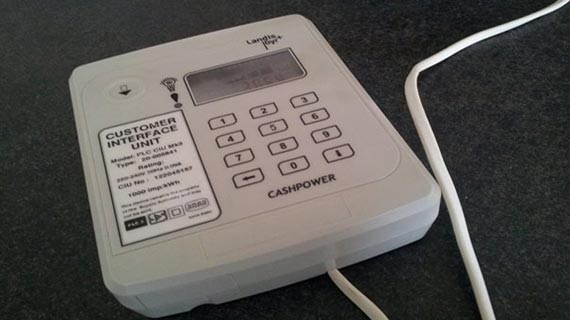
THE outrage that has followed revelations that Zesa plans to increase its tariffs by 5% is justified because the power utility’s service delivery has not improved since dollarisation.
Zesa is proposing the steep increase citing rising operational costs, but organisations such as the Consumer Council of Zimbabwe have pointed out that they have not seen an improvement in power generation to warrant an increase in tarrifs.
The Zimbabwe Electricity Transmission and Distribution Company said most of the budget for this year would be chewed by transport costs to move coal to its four thermal stations accounting for $123,9 million.
It also said $21,7 million would be spent on water costs while diesel used for commissioning of units after planned and forced outages would gobble $18,7 million.
As usual Zesa makes promises that if the tariff increase is approved, the Zimbabwe Power Company will increase generation capacity this year to 9 766 gigawatt per hour from the 9 315gw/h.
Ironically, Zesa’s proposals come at a time when thousands of households in Bulawayo’s high density suburbs have gone for over two weeks without electricity following rain induced faults.
The power utility has been failing to buy simple transformers to rectify the faults.
At the same time Zesa has been in the news for reportedly paying an obscene allowance to a consultant.
- Chamisa under fire over US$120K donation
- Mavhunga puts DeMbare into Chibuku quarterfinals
- Pension funds bet on Cabora Bassa oilfields
- Councils defy govt fire tender directive
Keep Reading
There are also unconfirmed reports that the utility’s top brass is paid unrealistic amounts of money every month yet service delivery is clearly on the decline.
Instead of seeking easy solutions by resorting to tariff increases even in the midst of unbearable economic problems for the majority of its clients, Zesa should be seeking ways of rationalising its costs.
The power utility should stop trying to force its customers to pay for the extravagant lifestyles of its managers and consultants.
Customers should also demand that Zesa improve its services significantly before it can ask for a tariff increase.
The Zimbabwe Energy Regulatory Authority should take the concerns being raised by Zesa customers seriously and block any unjustified tariff review to send a clear message to Zesa that it cannot just pass the buck for problems of its own making.










